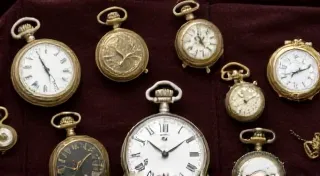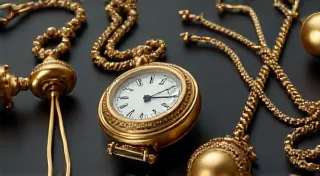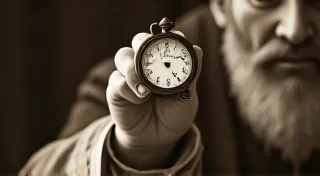Famous Owners of Antique Pocket Watches: Stories from History
Pocket watches are more than just timekeeping devices; they are tangible links to the past, often carrying the stories of those who owned them. Throughout history, many prominent figures, from presidents and inventors to explorers and artists, have cherished and carried antique pocket watches. Their ownership adds layers of intrigue and historical significance to these already fascinating objects, making them even more valuable to watch collectors. Let's delve into the stories behind some of these famous owners.
Abraham Lincoln and the Waltham Pocket Watch
Perhaps one of the most iconic examples is Abraham Lincoln’s Waltham pocket watch. Lincoln received the watch as a gift in 1862 from a delegation of grateful citizens of Philadelphia. It was a beautiful, intricately decorated timepiece, a symbol of respect and admiration. After his assassination, the watch passed to his son, Robert Todd Lincoln, and then to the Smithsonian Institution, where it remains a treasured artifact. The watch’s presence at Ford's Theatre on the night of the assassination has imbued it with immense historical weight, making it one of the most sought-after pieces among watch collectors. Knowing the association with such a pivotal moment in American history dramatically increases the value and collectibility of such a watch.
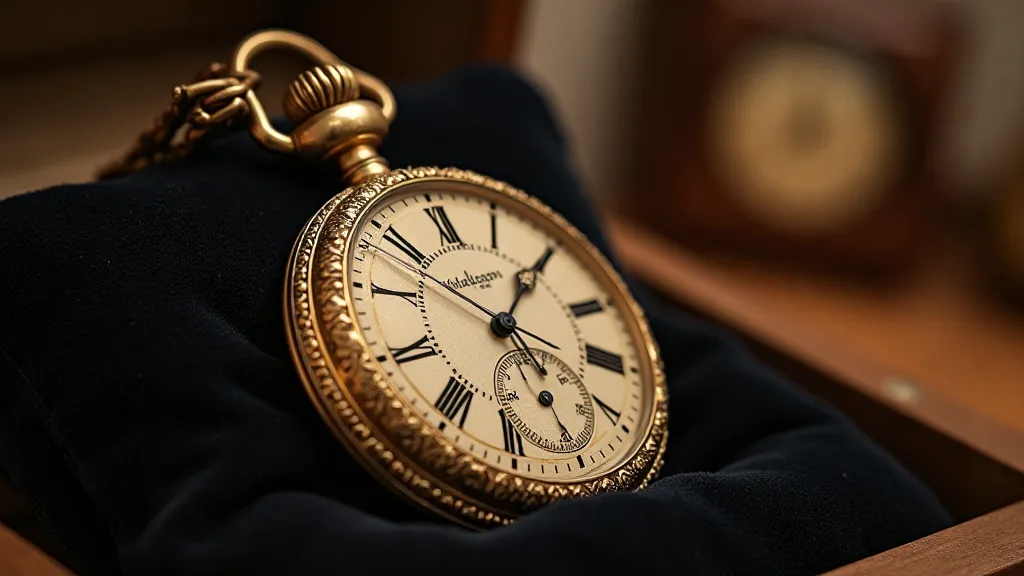
Charles Darwin and the Precision of Time
Charles Darwin, the father of evolutionary theory, was meticulous in his observations and relied on accurate timekeeping for his scientific endeavors. He owned a pocket watch from the London firm of Thomas Cope. Time was crucial to recording observations during the HMS Beagle voyage and in his subsequent laboratory experiments. The accurate measurement of time allowed Darwin to track patterns, analyze data, and ultimately formulate his groundbreaking theories. The pocket watch served not just as a timekeeping tool but as an instrument of scientific discovery, solidifying its place in his legacy.
Mark Twain and the Sentimental Value of Time
Samuel Clemens, better known as Mark Twain, was renowned for his wit, storytelling, and fondness for collecting unique items. He owned several pocket watches throughout his life, each holding a special memory or connection. One notable example was a gold hunter-cased watch given to him by his brother, Orion. The inscription on the case, a heartfelt message of affection, highlights the sentimental value these watches held beyond their practical function. Twain's association with these watches contributes to their appeal amongst collectors, showcasing the intersection of literature, history, and horology.
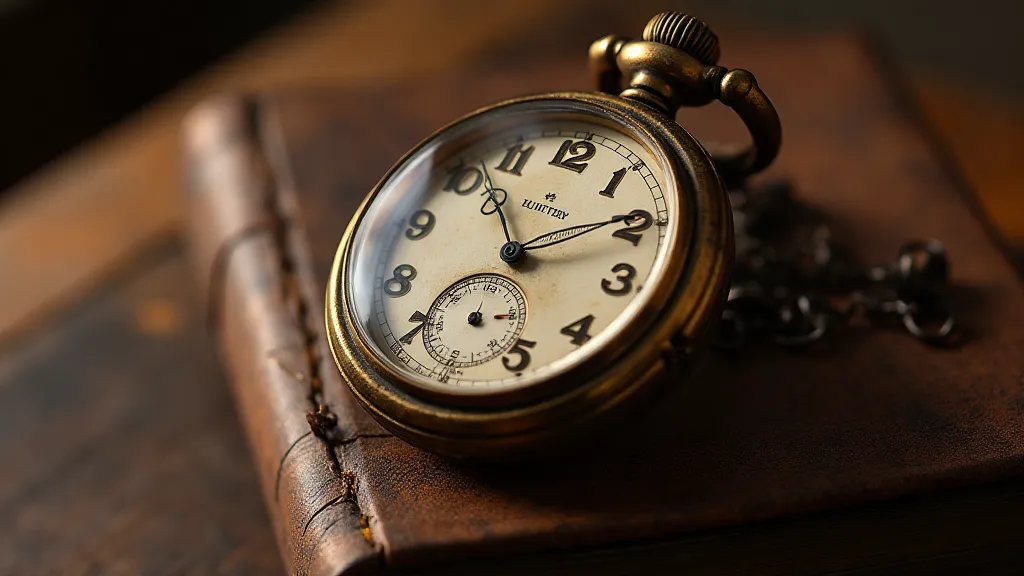
Leonardo da Vinci and Early Timekeeping Concepts
While Leonardo da Vinci didn't own a pocket watch in the modern sense (pocket watches weren't widespread until the 16th century), his inventive mind and keen interest in mechanics led him to design early concepts for portable timekeeping devices. His notebooks contain sketches of clockwork mechanisms and early iterations of what would become the pocket watch. Although he never fully realized his designs into a functioning piece, his contributions laid the groundwork for the development of these iconic timepieces. His genius and his innovative thinking are forever intertwined with the history of pocket watches.
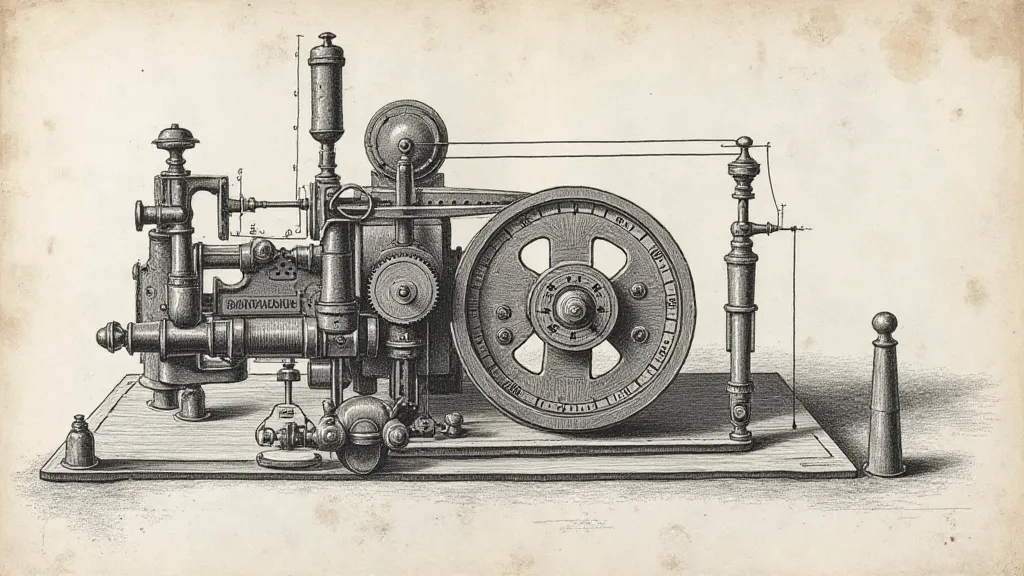
The stories behind famous owners like these add a rich layer of history and intrigue to the world of antique pocket watches. For watch collecting enthusiasts, owning such a timepiece isn't just about possessing a beautiful object; it's about holding a tangible connection to the lives and legacies of those who came before us. It's about unraveling the stories etched within the mechanisms and embracing the historical significance that makes these antique treasures so captivating.

